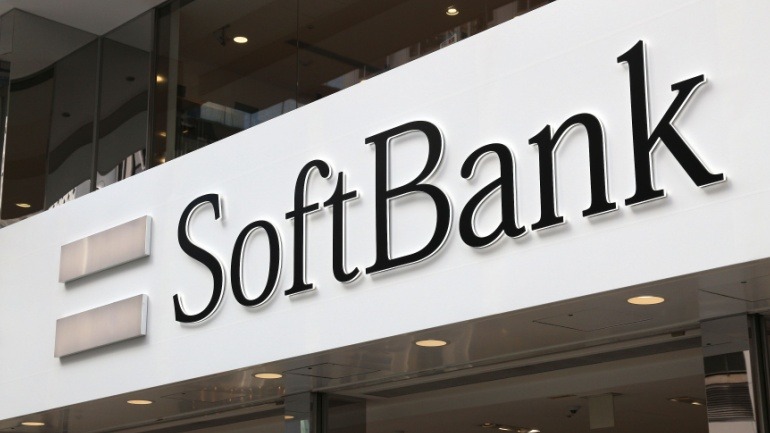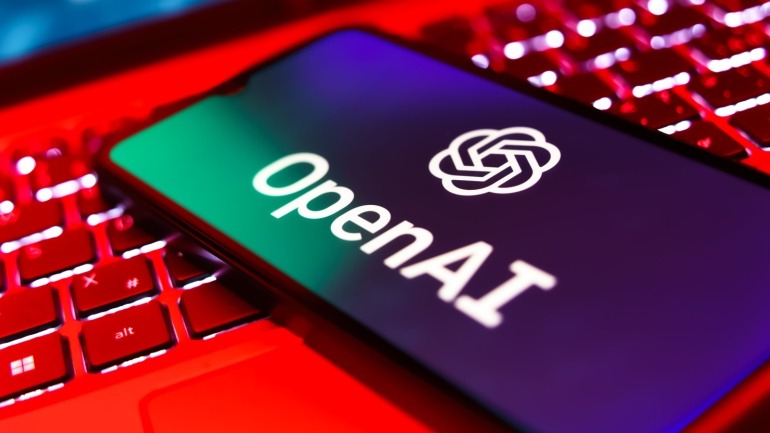SoftBank aims to spearhead the artificial super intelligence era, highlights CEO Masayoshi Son. With strategic partnerships involving OpenAI and Arm, SoftBank envisions establishing a global AI platform akin to the dominance seen in tech giants like Microsoft.
SoftBank’s $15 million investment in Sceye could revolutionize telecommunications through High Altitude Platform Station (HAPS) services. Utilizing stratospheric airships for connectivity, this venture aims to enhance VoIP communication, especially in remote areas, by 2026. This innovative approach promises improved network coverage, aligning with SoftBank’s enduring commitment to telecom advancement.
OpenAI and SoftBank are eyeing the U.K. for their ambitious Stargate project, aiming to supercharge global AI infrastructure. Backed by major investment and government support, the U.K.’s advanced ecosystem and strategic planning position it as a frontrunner in this transformative AI expansion.
Ericsson and SoftBank have signed a Memorandum of Understanding to propel next-gen telecom technologies, including AI, Cloud RAN, and 6G. The partnership, called “NextWave Tech,” aims to enhance network efficiency and connectivity. Emphasizing innovative spectrum use and AI-driven automation, this collaboration positions Japan as a leader in telecom advancement.
Ericsson and SoftBank have teamed up to push VoIP technology boundaries, focusing on AI and 6G advancements. Their NextWave Tech initiative explores revolutionary network architectures, enhancing VoIP quality via Cloud RAN and AI optimization. This partnership aims for groundbreaking connectivity solutions, redefining the landscape of future VoIP communications.
SoftBank plans to acquire Ampere Computing for $6.5 billion, strengthening its position in AI and energy-efficient computing. Ampere’s ARM-based chips align with SoftBank’s AI strategy as demand for high-performance computing grows.
Ericsson and SoftBank are advancing AI integration within Radio Access Networks (RAN). Leveraging NVIDIA’s Grace Hopper Superchip, they aim to streamline RAN functions for optimized performance.
OpenAI is reducing its Microsoft dependency by partnering with SoftBank for compute needs by 2030, via the Stargate project. This switch will decrease reliance on Microsoft, with SoftBank’s $30 billion investment crucial for AI data centers.
SoftBank is investing $25 billion into OpenAI, launching SB OpenAI in Japan to deliver AI-powered enterprise solutions under the Cristal intelligence brand. Partnering with Arm for scalable AI integration, the venture targets major Japanese corporations.
Japan’s SoftBank and OpenAI are negotiating a major deal that could position SoftBank as the largest shareholder of the ChatGPT creator, surpassing Microsoft’s current stake. With a potential $15-25 billion investment, SoftBank aims to strengthen its foothold in the AI market.













